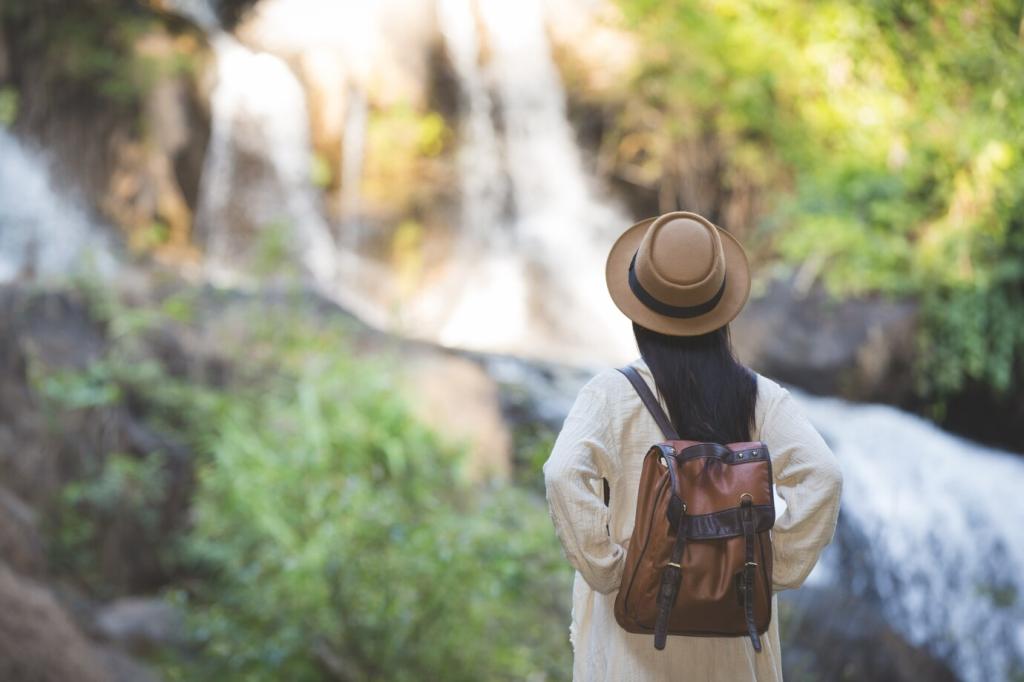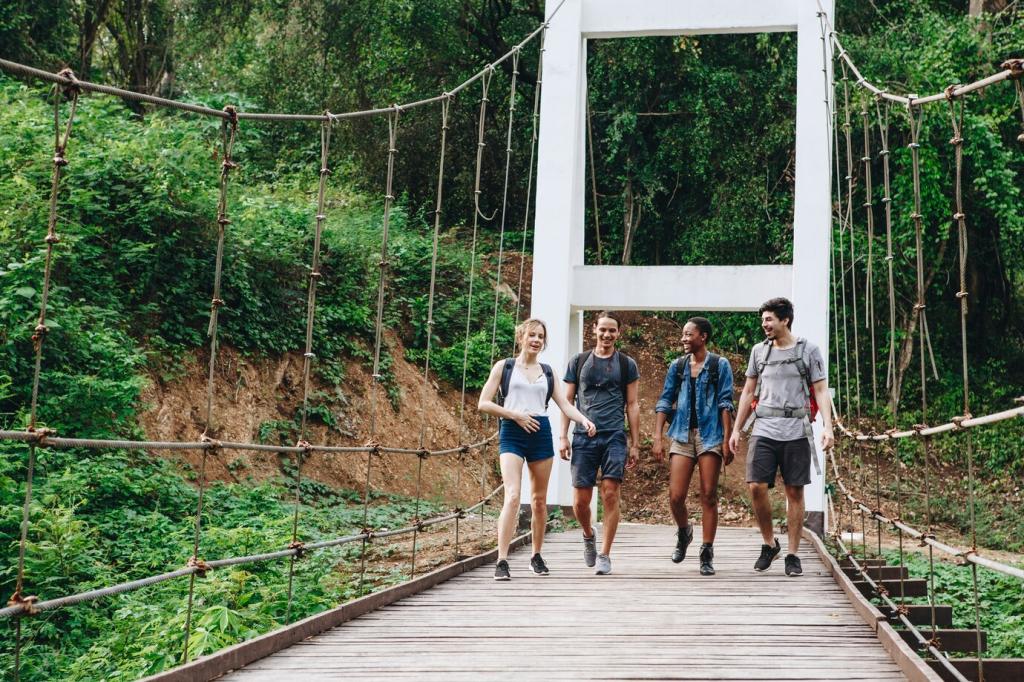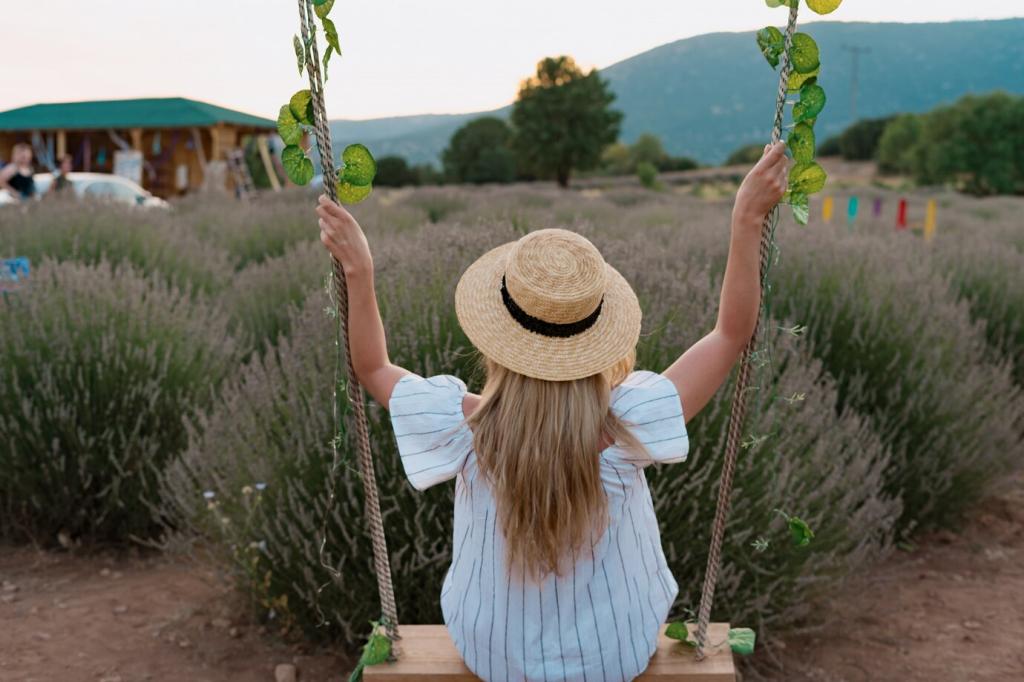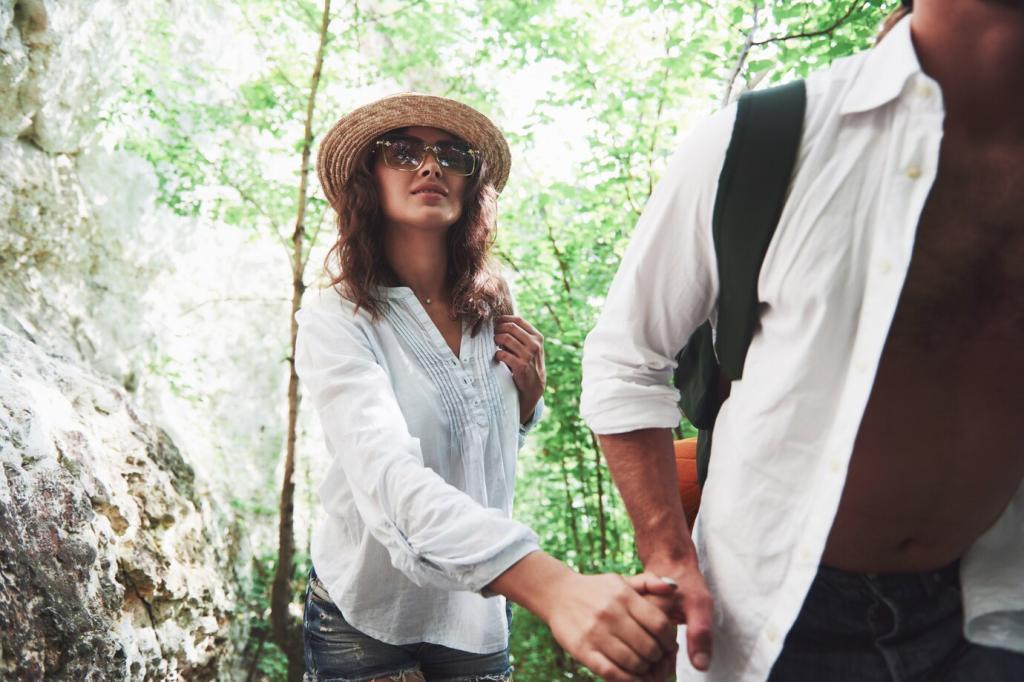
Maximizing Your Eco‑Tourism Experience: Tips and Tricks
Chosen theme: “Maximizing Your Eco‑Tourism Experience: Tips and Tricks.” Step into a kinder way to travel—one that deepens your wonder, lightens your footprint, and leaves every place more vibrant than you found it.


Start Smart: Planning With Purpose
Dig into independent reviews, community forums, and sustainability reports to verify eco‑claims. Look for credible signals like GSTC recognition, community‑run lodges, and transparent conservation partnerships. On a Borneo river trip, a five‑minute chat with a local NGO led me to a guide cooperative funding forest patrols.
Start Smart: Planning With Purpose
Choose shoulder seasons to ease overtourism, stretch your budget, and enjoy calmer wildlife encounters. Match timing to habitat rhythms—nesting, migrations, coral spawning—so your presence supports, not disrupts. A rainy‑season hike in Costa Rica revealed vibrant frogs and empty trails that would be crowded in dry months.
Travel Light: Transportation Choices That Matter
Favor trains, buses, bicycles, and your own two feet. You’ll trade airport lines for valley views, roadside fruit stands, and chats with seatmates who know the land. A night train through Vietnam gifted me dawn riverscapes I’d have missed at thirty thousand feet.
Book nonstop routes when possible, travel light, and choose efficient aircraft when options exist. Offset through reputable programs like Gold Standard or Plan Vivo, then reduce where you can. Consider one longer, slower trip instead of multiple short flights; depth often beats frequency for genuine connection.
Coordinate shared shuttles, community taxis, or lodge transfer pools. Stay near trailheads or transit to cut daily emissions and fatigue. In one Andean village, a communal moto‑cart saved fuel while funding a school music program—and turned a routine ride into an impromptu flute concert.
Wildlife First
Keep safe distances, minimize noise, and never feed animals—your snack can rewire natural behaviors. Use red lights at night, stash scented items, and follow guide instructions. In the Galápagos, staying quiet and still turned a distant silhouette into a breathtaking, unhurried display of blue‑footed booby courtship.
Leave No Trace, Plus
Stay on durable surfaces, pack out all waste, and scan for micro‑trash at rest spots. Bring a tiny trowel only where permitted and avoid soaps near waterways. Join short community cleanups; forty minutes on a shoreline can prevent a turtle from mistaking plastic for a jellyfish meal.
Water and Energy Mindfulness
Opt for short showers, refill stations, and towel re‑use. Unplug chargers, and choose lodgings with solar, rainwater catchment, or composting. In a Namib lodge, a simple habit—charging cameras midday when solar peaked—helped the micro‑grid and sparked great conversations with staff about desert ingenuity.
Local Lives, Local Livelihoods
Book community guides, homestays, and ranger‑led walks—skills honed over generations bring landscapes alive. Learn a few phrases, ask permission before photos, and compensate fairly. On a cacao farm in Ecuador, a grandmother’s tasting lesson turned “chocolate” into soil stories, rainfall patterns, and patient hands.
Local Lives, Local Livelihoods
Choose seasonal menus, plant‑forward dishes, and fisheries with traceability. Avoid threatened species, oversized portions, and waste; carry a compact container for leftovers. A Lao noodle stall owner taught me why morning herbs are best at dawn—dew still clinging, flavors bright, harvest gentle on the plants.
Local Lives, Local Livelihoods
Look for maker names, cooperative labels, and natural dyes. Skip wildlife products, mass knockoffs, and aggressive bargaining. Ask about repairability or custom sizing; you’ll cherish pieces longer. A hand‑woven scarf, bought with a story and a receipt, outlasts five impulse souvenirs with no roots.

Beyond the Trip: Lasting Impact
Offset, Then Advocate
After reducing what you can, offset transparently through Gold Standard or Plan Vivo projects that publish methodologies and audits. Share your reasoning publicly to normalize accountability. Write destination feedback praising ethical operators; positive reinforcement travels fast and shapes future bookings.
Citizen Science and Skills
Contribute observations to iNaturalist, eBird, or Reef Check; upload clear notes and timestamps to aid researchers. Take a short course in leave‑no‑trace or first aid. Next trip, bring those skills to trail crews or beach surveys, multiplying impact beyond your personal itinerary.
Join Our Eco‑Community
Tell us your smartest low‑impact habit or biggest lesson in the comments, and subscribe for monthly field tips, packing lists, and route ideas. Vote on upcoming themes, share your favorite local guides, and help us spotlight community projects that deserve curious travelers and steady support.
